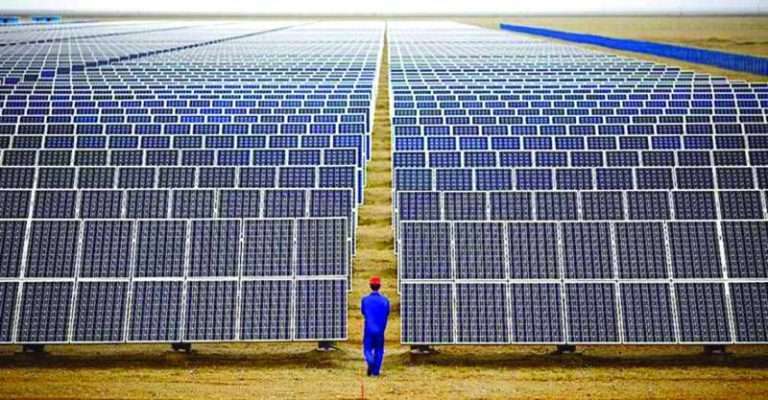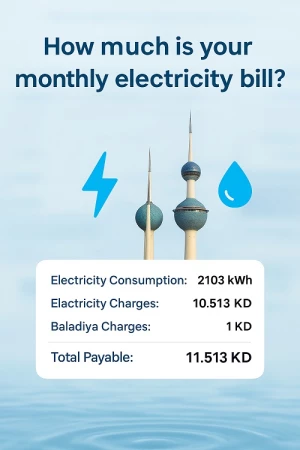Latest News
- Expats Alert: PACI Just Changed The Rules For Updating Your Addr...
- Best Pizza In Kuwait: Top Brands And What To Order
- Best Budget-Friendly Chalets & Villas In Kuwait For Weekend Geta...
- Why Electricity Bills Are Rising In Kuwait & Smart Ways Expats C...
- App Store Optimization: Why It’s Becoming A Core Part Of SEO Str...
- Best Shower Filters In Kuwait For Hair Fall And Skin Protection
- Exness Sets A New Standard Of Consistency In The Trading Industr...
- Instant Withdrawals In Trading – A Game Changer For Traders In K...
- Best Abaya Shop In Kuwait: Editorial Review Of Abay.com
- IPhone 17 In Kuwait: Prices, Colors, Specs & Where To Buy
- Best Drinking Water Filter For Home In Kuwait
- Avoid Common Qatar E-visa Application Mistakes. Learn The Top 5...
Documentation Cycle Challenges Renewable Energy Projects; 1% Success In 10 Years
Experts offer a variety of solutions to solve these concerns, including restoring agricultural regions in southern Iraq to reduce the impacts of dust, which the region suffers from. The routine documentary cycle, which begins with preparing project documents, floating tenders, and awarding contracts, to obtaining regulatory approvals, is burdening the authorities in charge of implementing renewable energy projects and has resulted in the cancellation of several projects after they have reached their final stages.
According to the authorities, 1 percent of the 15 percent (4500 MW) of total energy projects planned to be created in Kuwait has been realized during the last ten years, and by 2030 (30 thousand MW) has been reached, according to a local Arabic newspaper.
While these parties face bureaucracy in the documentary cycle, these parties, led by the Public-Private Partnership Projects Authority in collaboration with the Ministry of Electricity, Water and Renewable Energy and the Kuwait Institute for Scientific Research, are aiming to complete the two phases of the Shaqaya project, totalling 3,500 megawatts, by 2030, while the authority has so far received approval from the Central Agency for Electricity, Water and Renewable Energy.
Despite changing its name to the Ministry of Electricity, Water, and Renewable Energy, it has yet to succeed in building a renewable energy industry and establishing these projects, which will be the backbone of energy in the future, in numerous nations across the world, including Kuwait.
Meanwhile, the Ministry of Electricity and Water is working on 144 renewable energy generation projects, 5 of which have been completed with a capacity of 4,552 kilowatts, 46 of which are still in the tender stage with a capacity of 216,841 kilowatts, and 93 future projects with a capacity of 4,800,170 kilowatts, bringing the total projects to be implemented by the ministry to 5,021,562 kilowatts, or about 502 megawatts.
While a number of renewable energy project observers have posed a series of questions to government officials about the reasons for Kuwait's delays in implementing its projects, as well as the obstacles that have led to the cancellation of many projects in recent years, they compared Kuwait's renewable energy project production capacity to that of some Gulf Cooperation Council countries, which have made significant progress in this field, adding that some renewable energy projects have been postponed for 5 years, to allow their implementation before 2030.





